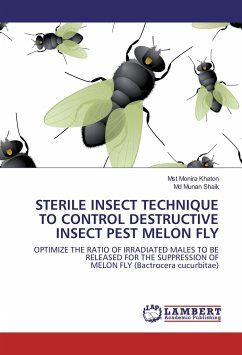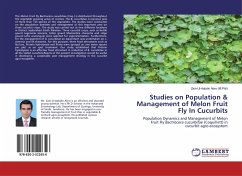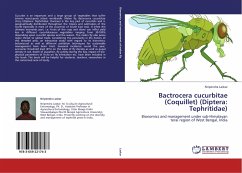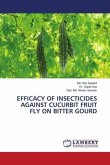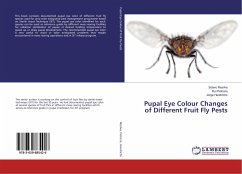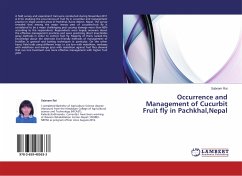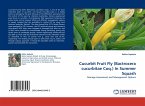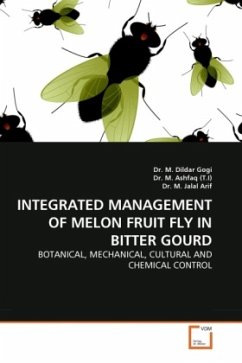The Sterile Insect Technique (SIT) has proved to be a well established method of controlling several key pests of agricultural importance. SIT depends upon introducing a high proportion of sterile mating in a natural population that reduces reproduction to a level below population maintenance. Therefore, the production of insects, in sufficient number and of adequate quality to achieve this aim, is one of the principal requirements for the success of the technique. Melon fly (B. cucurbitae) is a major threat to cucurbits. The flies are widely distributed and occur in all countries of the world. Cucurbit vegetables thus suffers considerable economic losses every year. The SIT is increasingly applied with the objective to reduce losses and pesticide use rather than fruit fly eradication in many countries. This research traced the opportunities of controlling destructive insect pest of agricultural importance by eco-friendly way with SIT. Extensive reports were made in sterility dose, pupal duration and the ratios of irradiated males of B. cucurbitae could be used as a preliminary basis for the field applications of SIT to suppress the wild population of B. cucurbitae.
Bitte wählen Sie Ihr Anliegen aus.
Rechnungen
Retourenschein anfordern
Bestellstatus
Storno

